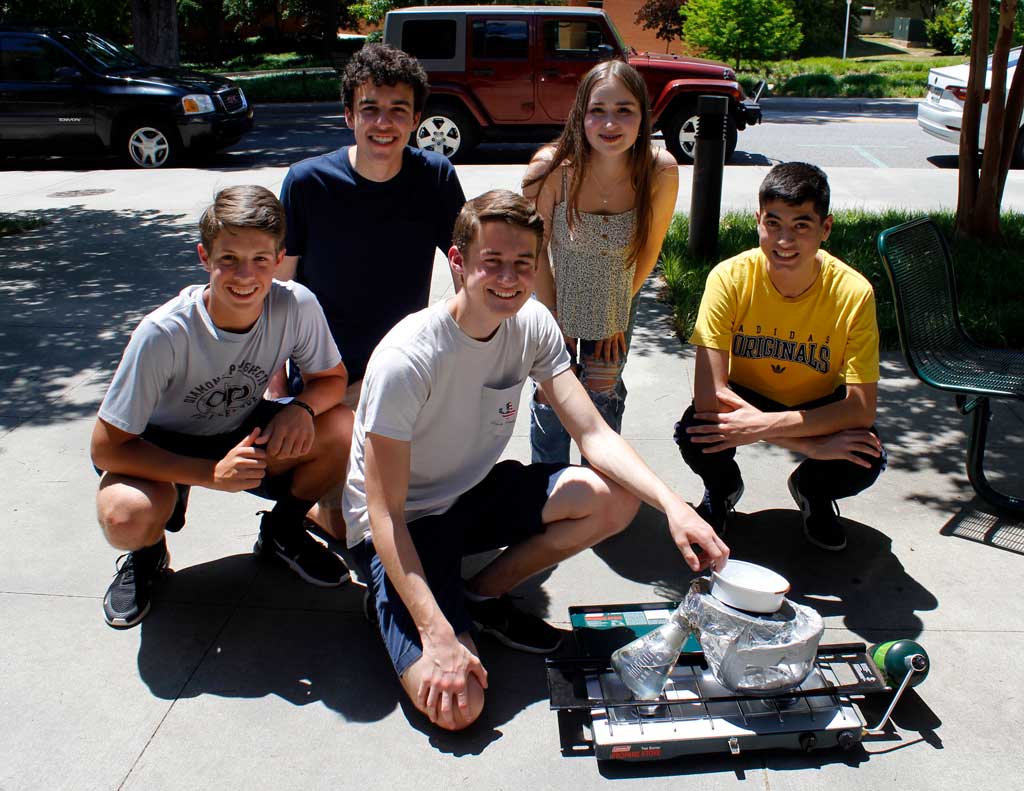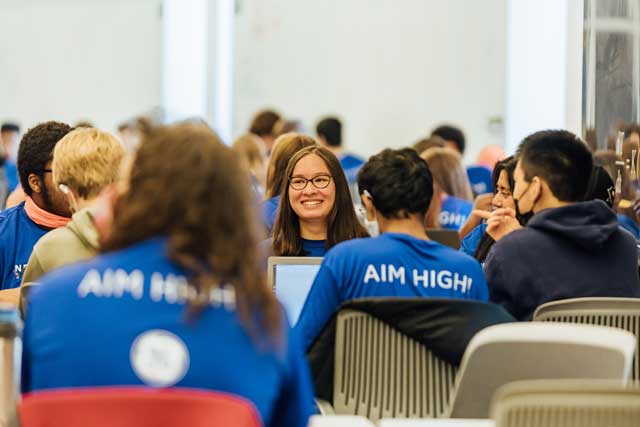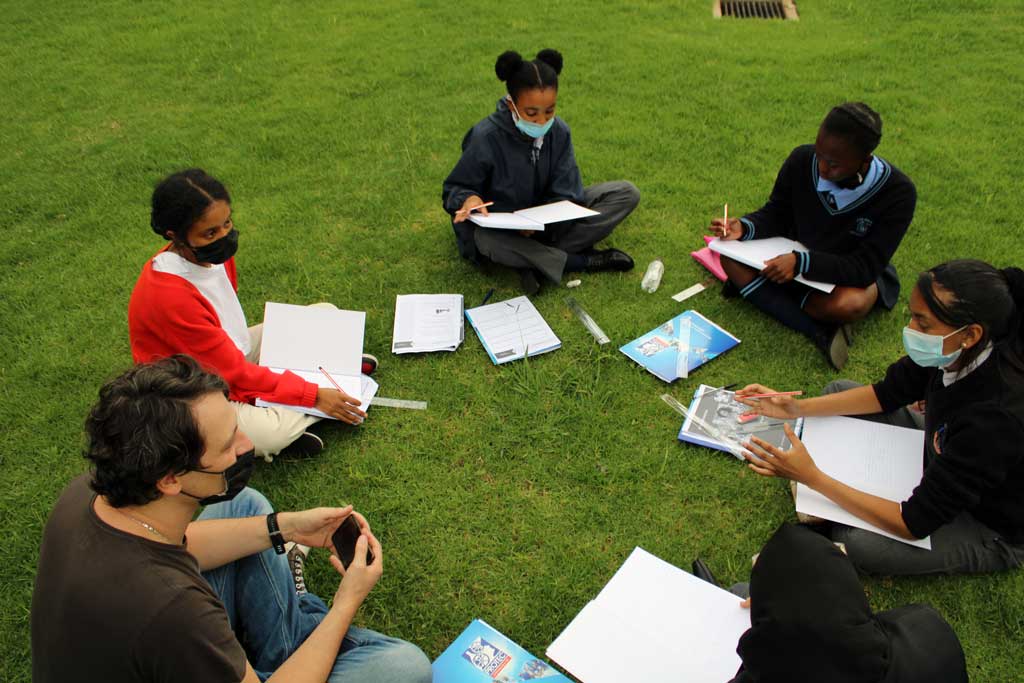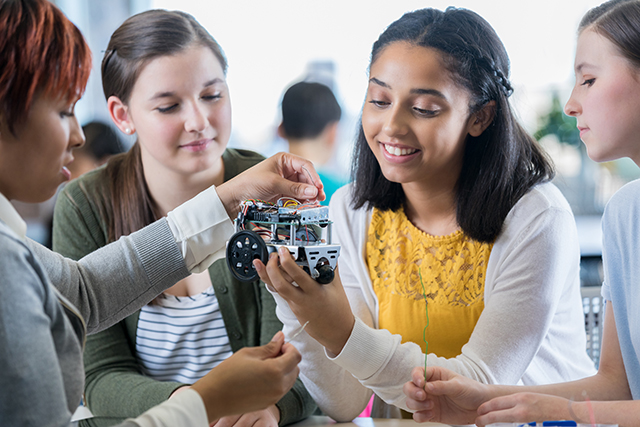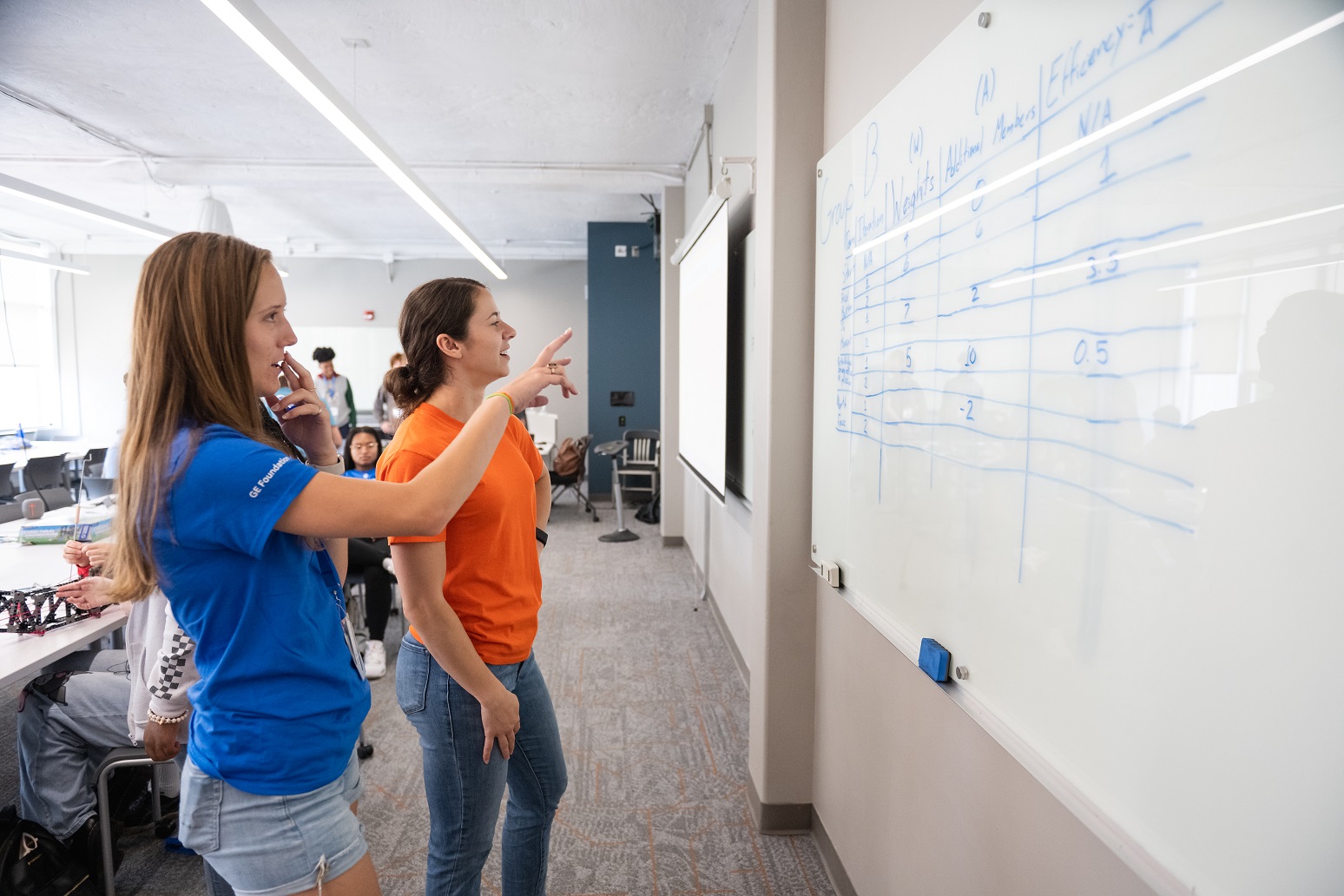What is Mechanical Engineering?
Mechanical engineering is one of the oldest and broadest engineering fields. It combines the principles of motion, energy, and forces with mathematics and materials to design, build, and maintain mechanical systems, including engines, robots, batteries, heating and cooling systems, and sensors.
There are many types of mechanical engineers, including:
- Automotive engineers improve the performance of cars, trucks, and their systems.
- Heating and cooling systems engineers create and maintain systems to regulate temperature and humidity in a variety of settings, such as inside museums, factories, and your own home.
- Robotic engineers plan, build, and maintain robots and the many sensors that fit into the design of a robot.
Mechanical engineers design power-producing machines, such as generators and engines, as well as power-using machines such as refrigerators. They also design other types of machines such as elevators, escalators, and conveyor systems. Mechanical engineers use computers in their work, which helps them create and analyze designs and test how machines works.
Watch the video below to learn more:

Courses in mathematics, life sciences, and physical sciences are essential for mechanical engineering. Courses in computer-aided design (CAD) and other engineering technologies may also be required to obtain a certification or degree.
Here are some general tips for choosing a university or college program:
- Make sure the program is fully accredited locally and/or internationally.
- Look for programs in mechanical engineering or related fields such as materials science, robotics, or manufacturing engineering.
- Consider accredited engineering programs offered by technical or community colleges.
 Mechanical engineers can work in many industries and will have a range of employment options. As processes and products incorporate more complex automation machinery, mechanical engineers will be needed to design and maintain this equipment. Mechanical engineers, in most parts of the world, are highly valued and very well paid.
Mechanical engineers can work in many industries and will have a range of employment options. As processes and products incorporate more complex automation machinery, mechanical engineers will be needed to design and maintain this equipment. Mechanical engineers, in most parts of the world, are highly valued and very well paid.
To learn more about the kind of work you could do, check out GE's robotics team: Robotics & Autonomous Systems | GE Research
A variety of sectors employ mechanical engineers, including automotive and aerospace companies, government agencies, construction, and technology companies:
- Apple
- Boeing
- General Electric
- Microsoft
- NASA
Watch the following videos to meet some inspiring mechanical engineers.

